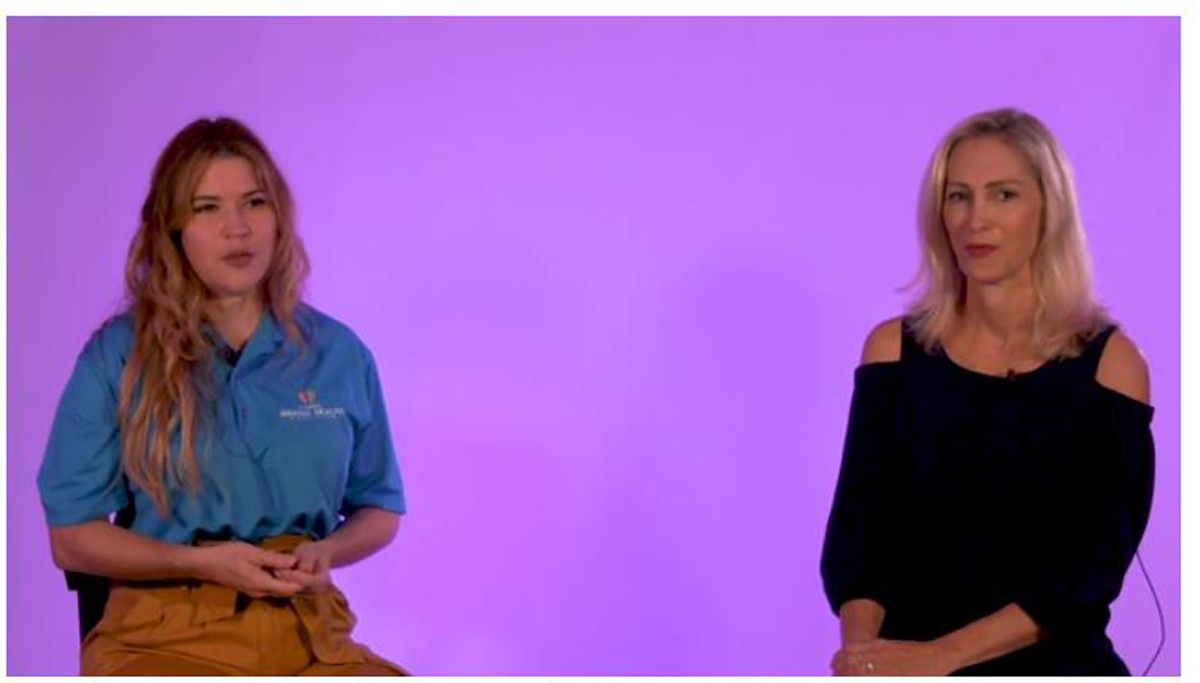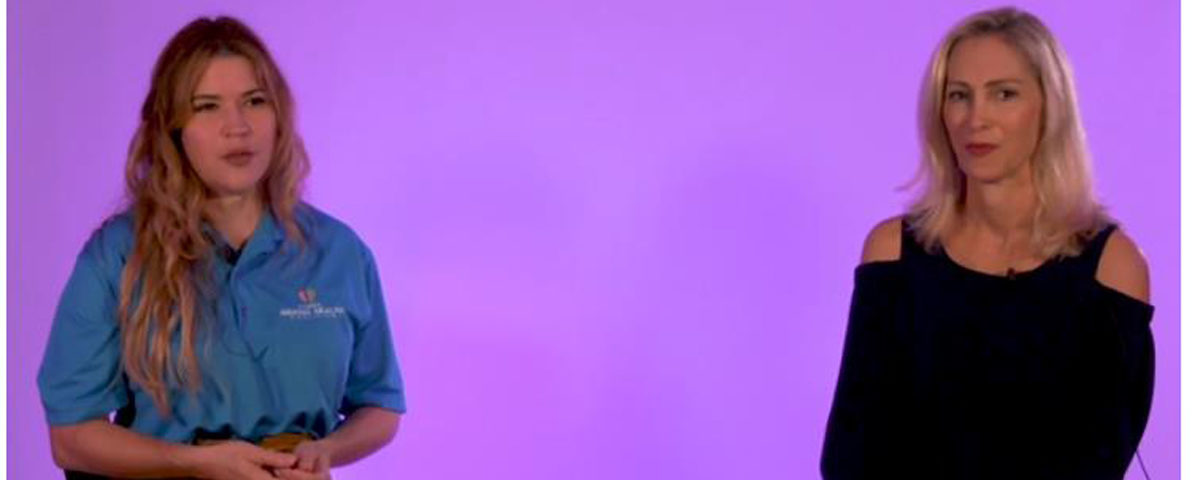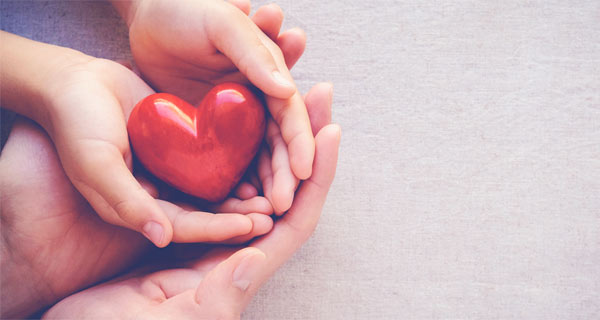Sun Sentinel health reporter Cindy Goodman and Dr. Sandra Castillo from the Florida Mental Health Coalition discuss mental health during COVID-19 pandemic

Dr. Monis, Psy.D, has been published in numerous publications
September 23, 2020
Florida Mental Health Coalition is at Doctors Hospital
October 14, 2020
September 24, 2020
Tips to help maintain your mental health during the stress of the pandemic
By CINDY KRISCHER GOODMAN SOUTH FLORIDA SUN SENTINEL | SEP 24, 2020 AT 9:00 AM

Sun Sentinel health reporter Cindy Goodman and Dr. Sandra Castillo from the Florida Mental Health Coalition discuss mental health during COVID-19 pandemic
Editor’s note: The South Florida Sun Sentinel’s Prime Online Event has 21 days of seminars featuring experts focusing on health and wellness. For registration and more, visit SunSentinel.com/PrimeOnline
You can no longer hang out with friends at a coffee shop, spend the day at your condominium’s community pool, or volunteer at the local hospital. The weekly card game has been canceled, as have your family get-togethers.
These are challenges of navigating the new realities of the COVID-19 pandemic, and they can lead to feelings of isolation, loneliness, or fear and dread about what’s to come.
But even with all the stress and sadness, mental health experts believe you can stay hopeful during the COVID-19 pandemic.
Dr. Sandra Castillo, a Miami psychologist and board member of the Florida Mental Health Coalition, offers seven ways to take care of your mental health and stay optimistic.
Dr. Sandy Castillo and Sun Sentinel health reporter Cindy Krischer Goodman will be discussing mental health during the pandemic during the South Florida Sun Sentinel’s PRIME Online Expo. The online virtual expo event taking place Oct. 3-23 will feature exhibitor booths offering special deals and prizes and timely content for adults 50 and older. Attendance is free but registration is required. To register visit https://www.primeexposf.com/
Do a daily self-check. Take stock of your mental health each day and change up your routine as needed, “If you are feeling low, do something different to stay active and keep your mind sharp,” Castillo says. Read, go for a walk in the park or do a crossword puzzle — the goal is to add something new to your routine that you enjoy.
Make sure to stay physically healthy. “There is a connection between mental health and physical health. If you want to have positive well-being, you do need to exercise,” Castillo said. She suggests going on morning walks to start your day with structure and fresh air. If you can’t leave home, or if you need to quarantine, stay active inside as much as you can with exercise videos on YouTube or a stretching routine.
Focus on what you have. “I have a lot of patients who keep gratitude journals,” Castillo explains. “When they focus on what they do have, it makes their day a little easier,” The Miami psychologist advises looking at the areas of your life you do have control over — start the morning with a prayer or with positive affirmations and set the energy for the rest of the day. “I encourage people to look at life with the cup half full. It really makes a difference when you shift your negative thought process into a positive one. In difficult times like this, try to find the positive in what has happened.”
Connect with friends and family. Right now people feel confined and often don’t see the light at the end of the tunnel, Castillo says. Connecting to others, while social distancing, is critical to good mental health. Some people are FaceTiming with family and friends, others are doing Zoom parties with different groups of people or reaching out to old acquaintances on social media. “There are a lot of online programs covering different topics and different interests to keep you connected,” Castillo said.
Allow yourself to feel angry or resentful. No one is living their best life right now. Anger is a normal response, but it is what you do with the anger that affects your mental health. “This is a novel virus that completely has disrupted our lives and routines. It’s important to be aware of our anger cues and how we might be quicker to react, especially in a social setting,” she said. “It’s important to take accountability … blame shifting doesn’t help.” Her advice: “Stay positive and stay informed.”


